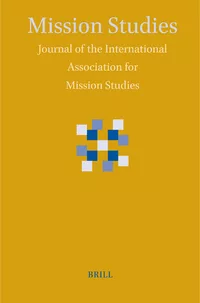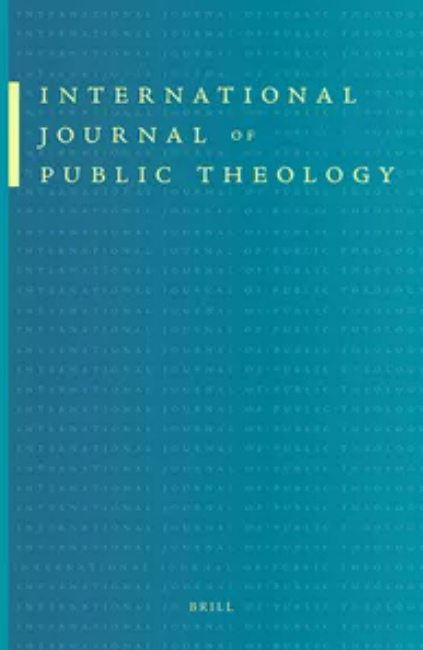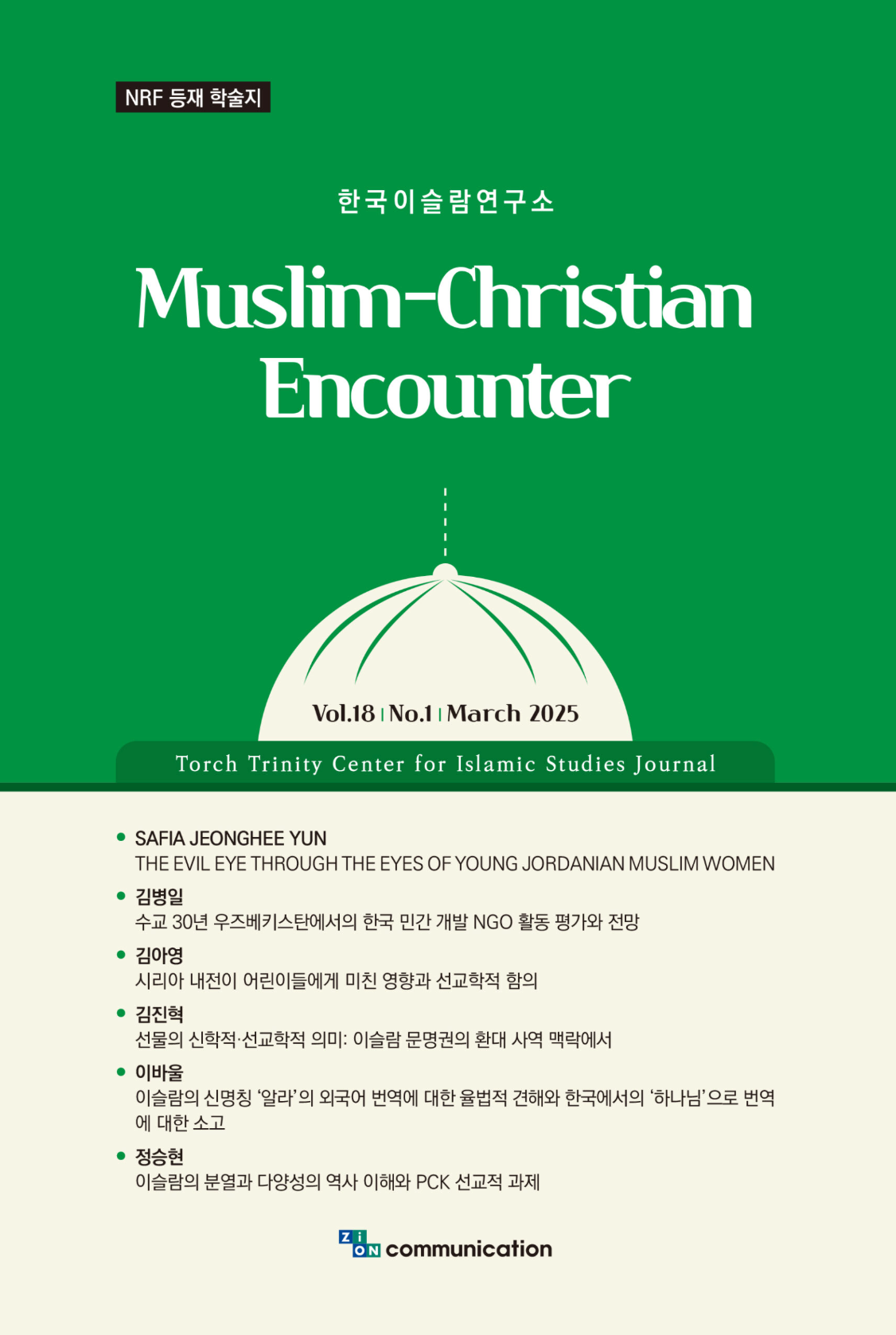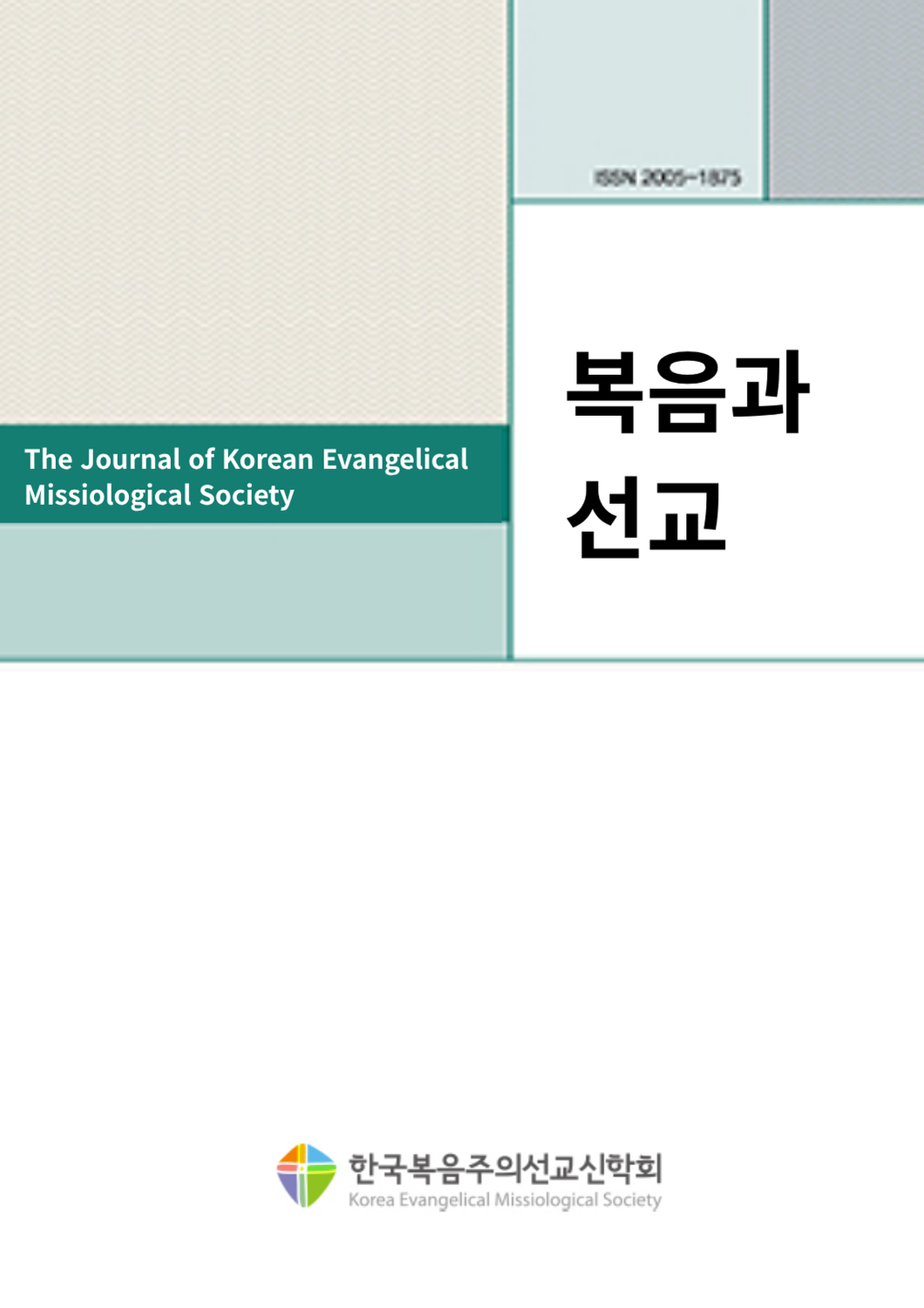https://doi.org/10.1163/15733831-12341945
이 논문은 19세기 대만에서 도미니코회와 장로교 선교사들 간의 상호 작용이 양측 선교에 깊은 영향을 미쳤다고 주장한다. 가톨릭과 개신교는 동일한 지역과 집단을 대상으로 활동하며 경쟁했고, 이는 갈등을 초래했지만 동시에 종교적으로 동기 부여된 혁신도 낳았다. 이러한 경쟁 관계를 이해하는 것은 두 교회의 행동과 전략을 설명하고, 그들의 영향력의 예상치 못한 원천을 파악하는 데 도움이 된다. 마지막으로, 선교사들이 대만인들 앞에서 서로를 폄하하고 비판한 사례들은 종교적 경쟁이 선교사들의 현지 신앙 체계에 대한 문화 적응에 어떤 영향을 미쳤는지를 보여준다.
Abstract This article argues that interaction between Dominican and Presbyterian missionaries in nineteenth-century Taiwan had a profound significance for both missions. The Catholics and Protestants contended over the same areas and groups of people, which led to conflicts but also to religiously motivated innovations. Understanding this competitive relationship helps to explain the actions and strategies of both churches, as well as to identify unexpected sources of their power. Finally, the article shows that the missionaries’ slights and criticisms of each other, often performed in front of a Taiwanese audience, help to illustrate the impact that religious competition had on the missionaries’ acculturation to local belief systems.







